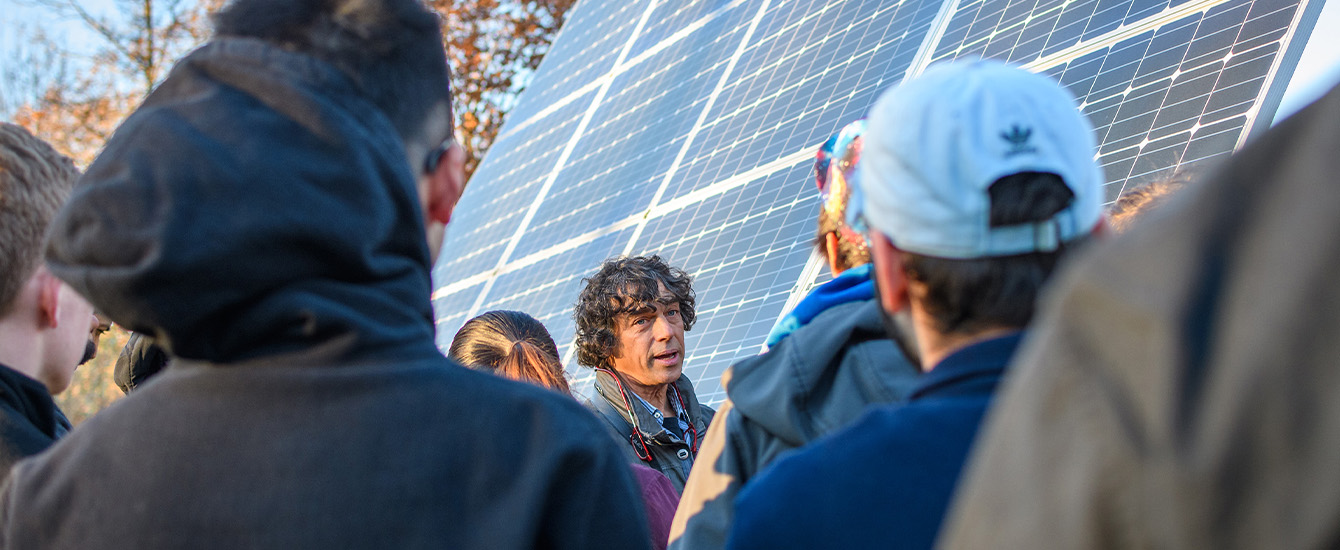Physics
Dipolar bosons in a twisted bilayer geometry
Document Type
Article
Abstract
In recent years, twisted bilayer systems such as bilayer graphene attracted a great deal of attention as the twist angle introduced a degree of freedom which can be used to nontrivially modify system properties. This idea has been picked up in the cold atom community, first with a theoretical proposal to simulate twisted bilayers in state-dependent optical lattices, and, more recently, with an experimental realization of twisted bilayers with bosonic atoms in two different spin states. In this article, we theoretically investigate dipolar bosons in a twisted bilayer geometry. The interplay between dipolar interaction and the twist between the layers results in the emergence of quantum states not observed in the absence of twist. We study how system properties vary as we change the twist angle at fixed distance between the layers and fixed dipolar interaction. We find that at a twist angle θ=0.1∘, the observed quantum phases are consistent with those seen in the absence of twist angle, i.e., paired superfluid, paired supersolid, and paired solid phases. However, a slight increase in the twist angle to θ=0.2∘ disrupts these paired phases in favor of a phase separation between checkerboard solid and superfluid regions. Notably, at a twist angle of θ=5.21∘, the local occupation number follows the moiré pattern of the underlying moiré bilayers so that a periodic structure of insulating islands is formed. These insulating islands are surrounded by a superfluid.
Publication Title
Physical Review B
Publication Date
2025
Volume
111
Issue
2
ISSN
2469-9950
DOI
10.1103/PhysRevB.111.024511
Keywords
degrees of freedom (mechanics), photons
Repository Citation
Zhang, Chao; Fan, Zhijie; Capogrosso-Sansone, Barbara; and Deng, Youjin, "Dipolar bosons in a twisted bilayer geometry" (2025). Physics. 65.
https://commons.clarku.edu/faculty_physics/65



